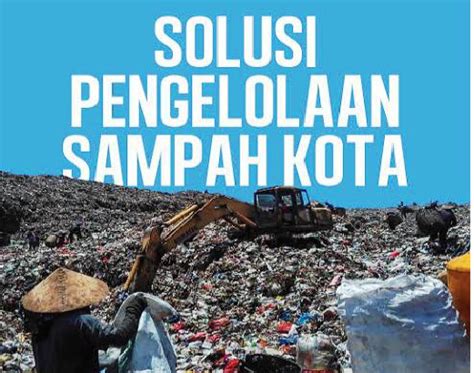10 Environmental Problems and Their Solutions: A Comprehensive Guide
Our planet faces numerous environmental challenges, impacting ecosystems, human health, and the global economy. Understanding these issues and their potential solutions is crucial for building a sustainable future. This article explores ten significant environmental problems and outlines practical steps towards addressing them.
1. Climate Change: The Overarching Threat
Problem: The primary issue is the increase in greenhouse gases (GHGs) like carbon dioxide and methane, primarily from burning fossil fuels. This leads to global warming, causing extreme weather events, sea-level rise, and disruptions to ecosystems.
Solution: Transitioning to renewable energy sources (solar, wind, hydro), improving energy efficiency, implementing carbon capture technologies, promoting sustainable transportation, and adopting climate-smart agriculture are vital steps. Individual actions like reducing carbon footprints also contribute significantly.
2. Deforestation and Habitat Loss: A Biodiversity Crisis
Problem: Large-scale deforestation for agriculture, logging, and urbanization destroys habitats, leading to biodiversity loss, soil erosion, and increased carbon emissions.
Solution: Sustainable forestry practices, reforestation efforts, protecting existing forests and creating protected areas, promoting sustainable agriculture, and reducing consumption of products that drive deforestation are key strategies.
3. Air Pollution: Breathing Easy
Problem: Air pollution, primarily from industrial emissions, vehicle exhaust, and burning fossil fuels, causes respiratory illnesses, cardiovascular diseases, and contributes to climate change.
Solution: Stricter emission regulations for industries and vehicles, promoting public transportation and cycling, transitioning to cleaner energy sources, investing in air quality monitoring, and improving urban planning are vital.
4. Water Pollution: Protecting Our Water Resources
Problem: Pollution from industrial discharge, agricultural runoff, sewage, and plastic waste contaminates water sources, impacting aquatic life and human health.
Solution: Improving wastewater treatment facilities, implementing stricter regulations on industrial discharge, promoting sustainable agricultural practices (reducing pesticide and fertilizer use), reducing plastic consumption, and protecting water bodies are essential steps.
5. Plastic Pollution: A Global Problem
Problem: Plastic waste accumulates in landfills, oceans, and ecosystems, harming wildlife, polluting soil and water, and releasing harmful chemicals.
Solution: Reducing plastic consumption, promoting reusable alternatives, improving waste management systems (including recycling and composting), supporting initiatives to clean up plastic pollution, and investing in biodegradable and compostable plastics are needed.
6. Overfishing: Depleting Our Oceans
Problem: Overfishing depletes fish stocks, disrupts marine ecosystems, and threatens the livelihoods of millions who depend on fishing.
Solution: Implementing sustainable fishing practices, establishing marine protected areas, combating illegal fishing, promoting responsible aquaculture, and reducing demand for overfished species are critical.
7. Soil Degradation: The Foundation of Our Food System
Problem: Intensive agriculture, deforestation, and unsustainable land management practices lead to soil erosion, nutrient depletion, and desertification, threatening food security.
Solution: Implementing sustainable agricultural practices (crop rotation, no-till farming, cover cropping), improving soil health, reducing pesticide and fertilizer use, and combating desertification are crucial solutions.
8. Loss of Biodiversity: The Web of Life
Problem: Habitat loss, pollution, climate change, and invasive species threaten biodiversity, impacting ecosystem stability and human well-being.
Solution: Protecting and restoring habitats, combating invasive species, reducing pollution, implementing conservation efforts, and promoting sustainable practices are necessary steps.
9. Ozone Layer Depletion: Protecting Us from Harmful UV Radiation
Problem: The release of ozone-depleting substances (ODS) like chlorofluorocarbons (CFCs) thins the ozone layer, increasing exposure to harmful ultraviolet (UV) radiation.
Solution: Phasing out ODS, using ozone-friendly alternatives, and monitoring the ozone layer are crucial for recovery. The Montreal Protocol, a global agreement, has been effective in addressing this issue.
10. Waste Management: Reducing, Reusing, Recycling
Problem: Improper waste disposal contaminates the environment, pollutes water and soil, and contributes to greenhouse gas emissions.
Solution: Implementing effective waste management systems (including recycling, composting, and waste-to-energy facilities), reducing waste generation, promoting the 3Rs (Reduce, Reuse, Recycle), and improving public awareness are crucial.
Addressing these environmental challenges requires a multi-faceted approach involving governments, businesses, and individuals. By working together, we can create a healthier planet for present and future generations. It's crucial to remember that even small individual actions can have a cumulative positive effect.
